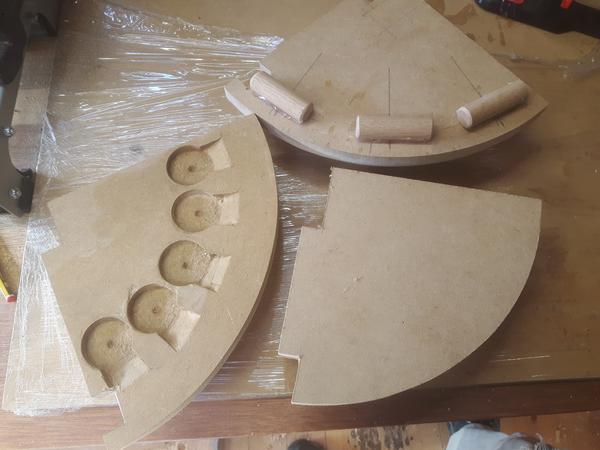Jacob
What goes around comes around.
Can't say I'm that bothered about Celebration of Craftsmanship myself - such a struggle to be clever and original! I've got a bit of a prejudice against 'creativity'.  It's not always good for people! So much imitation of the so-called masters; "a Krenov inspired design" has become a contradiction in terms.
It's not always good for people! So much imitation of the so-called masters; "a Krenov inspired design" has become a contradiction in terms.
Yes for internet and media being a jungle with at least 90% total misinformation on woodwork.
Mags like "Woodworker" were good 60 years ago but it's been downhill ever since and the whole craft being re-written by born-again experts and gadget salesmen.
And yes for training - if it's the right stuff, but how would anybody know? Trad sources such as City &Guilds are reliabIe.
I was amazed at the simple stuff I learned with my brief exposure - even after years of reading mags and books full of, at best, too much information or at worst, total gadget sales pitches. Doubly amazed that all the stuff I learnt in wood work classes at school suddenly made sense!
Yes for internet and media being a jungle with at least 90% total misinformation on woodwork.
Mags like "Woodworker" were good 60 years ago but it's been downhill ever since and the whole craft being re-written by born-again experts and gadget salesmen.
And yes for training - if it's the right stuff, but how would anybody know? Trad sources such as City &Guilds are reliabIe.
I was amazed at the simple stuff I learned with my brief exposure - even after years of reading mags and books full of, at best, too much information or at worst, total gadget sales pitches. Doubly amazed that all the stuff I learnt in wood work classes at school suddenly made sense!


































